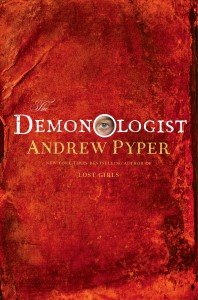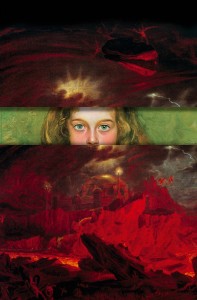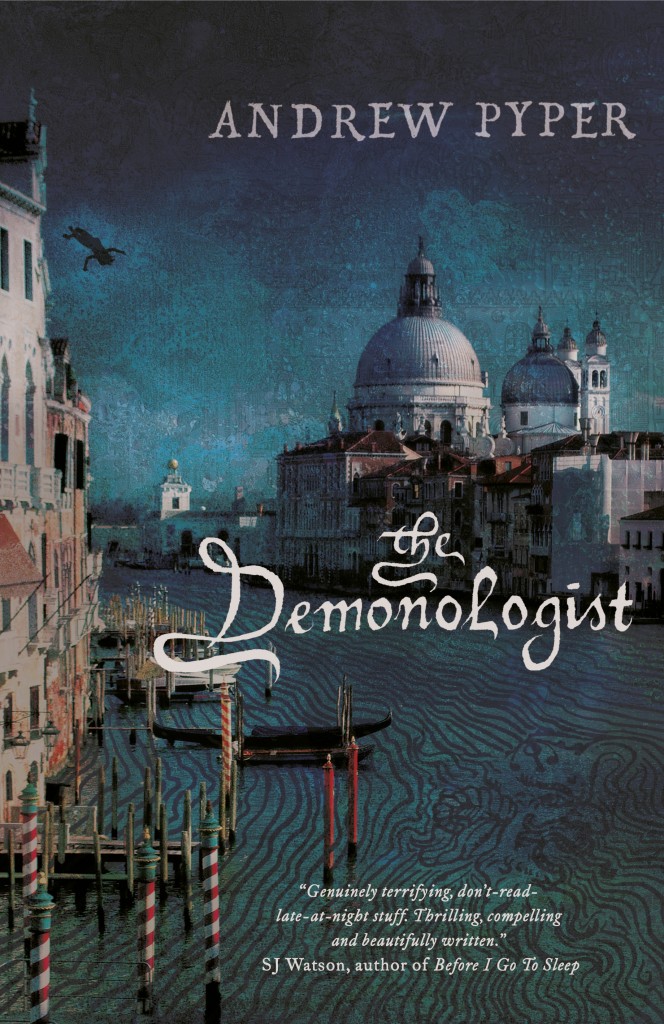Writers can be superstitious ninnies, often almost Victorian in their quaint forms of lace-and-candle spiritualism. Take, for instance, the belief that “My Characters Speak to Me.” By this way of approaching the creative process, the writer is a sensitive, the one who voices the unseen from the seance table. While minding their own business, the fictioneer is assaulted by a voice that tells them their story, and the writer, involuntarily taking up his quill, merely records this transcript from Another Sphere as it comes to them. There is nothing so icky and crude as fabrication or manipulation or structuring involved. It…just…happens.
In practice, it doesn’t quite work that way. That is, outside of the Author Interview where such pronouncements can have at least a ring of syrupy credibility, it never works that way. It’s just another of those romantic conceptions of how Good Writing Happens that, in the real world of the grease-and-tear-stained desk, do more harm than good.
Another one? “The first line of my book came to me before I started writing, and it never changed.”
People like this kind of stuff. I like this kind of stuff. Believing that ideas can come to our minds, whole and perfect, before our even knowing what they are, before testing them, has an appeal as potent as life after death.
Trouble is, the first line of a book is often given more weight than it can bear, and writers can be stymied by trying to nail it and then never moving from it, as though a tablet they’ve had to drag down a mountain, one they’d be struck down by lightning if they dared doing a little editing job on.
I thought I had the first line of The Demonologist, the novel I’m now editing, right from the get-go. Deceptively simple, thematically suggestive, stark, dramatic. Beautiful. It was, for every draft of the many drafts until today’s, always a single standalone word:
White.
And then my editor suggested starting the book with…something else. Something else? Blasphemy! But my first line had always been the First Line! You don’t mess with that kind of voodoo! What could be better than what I’ve always had?
What I have now.



